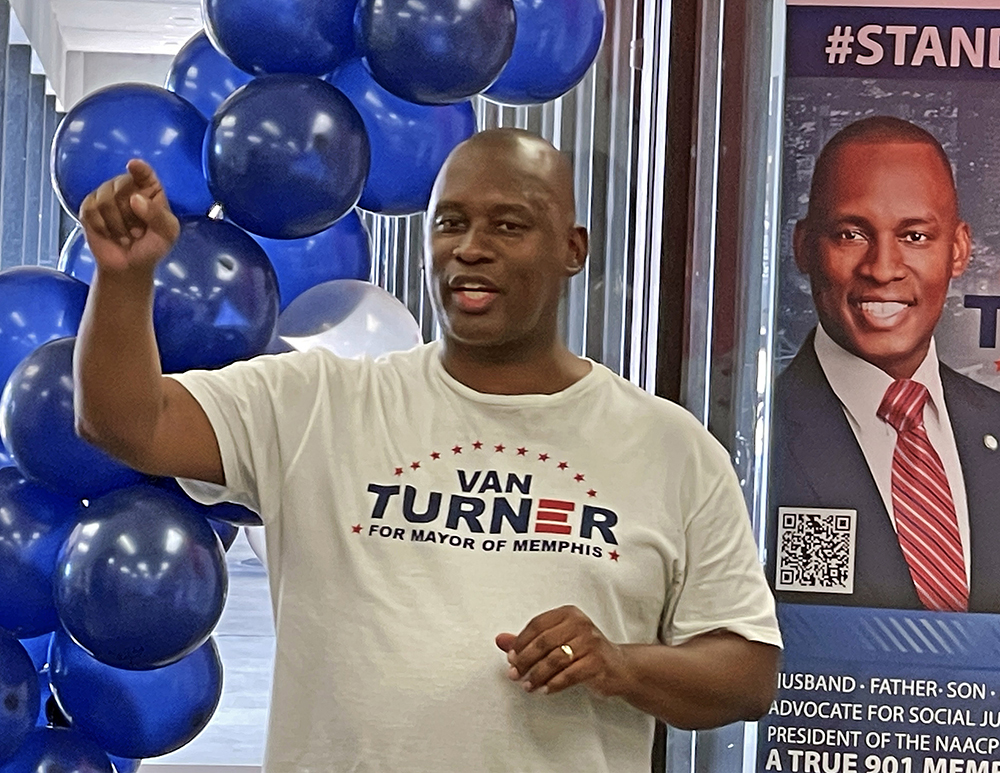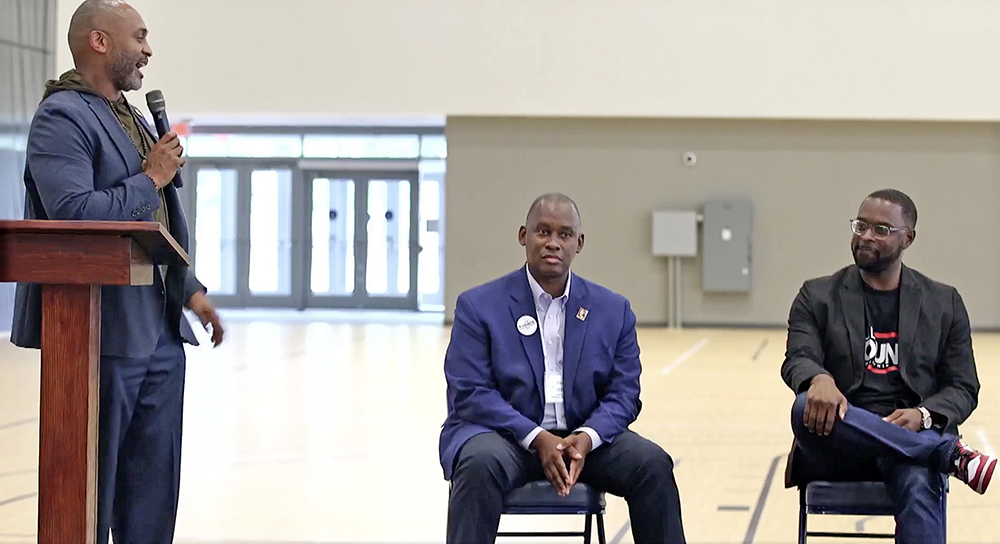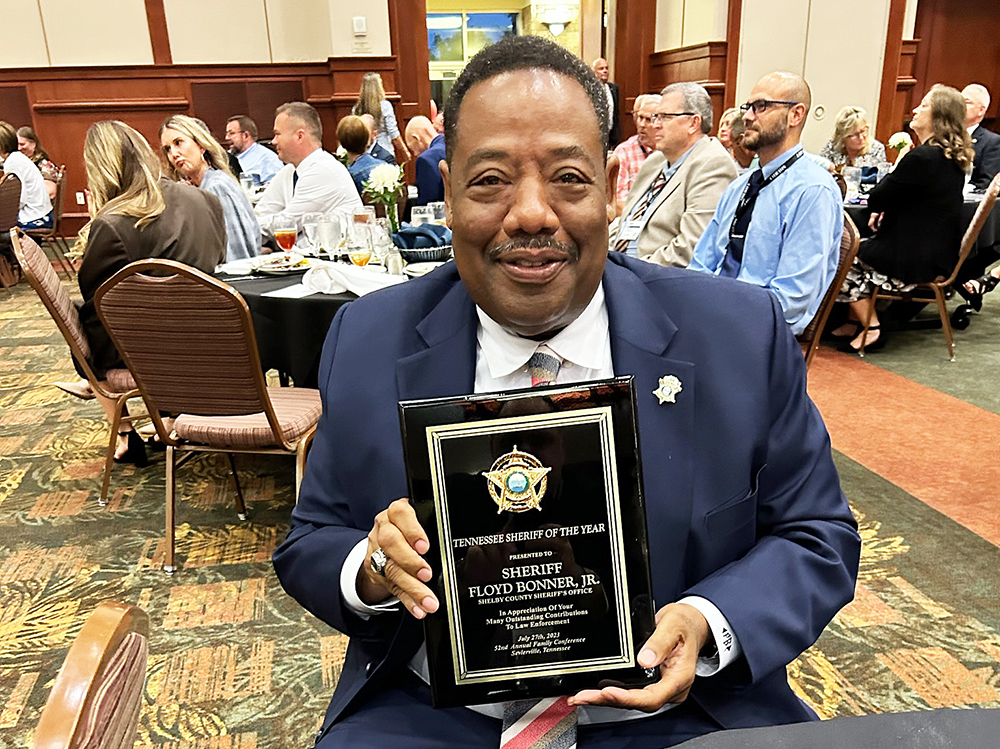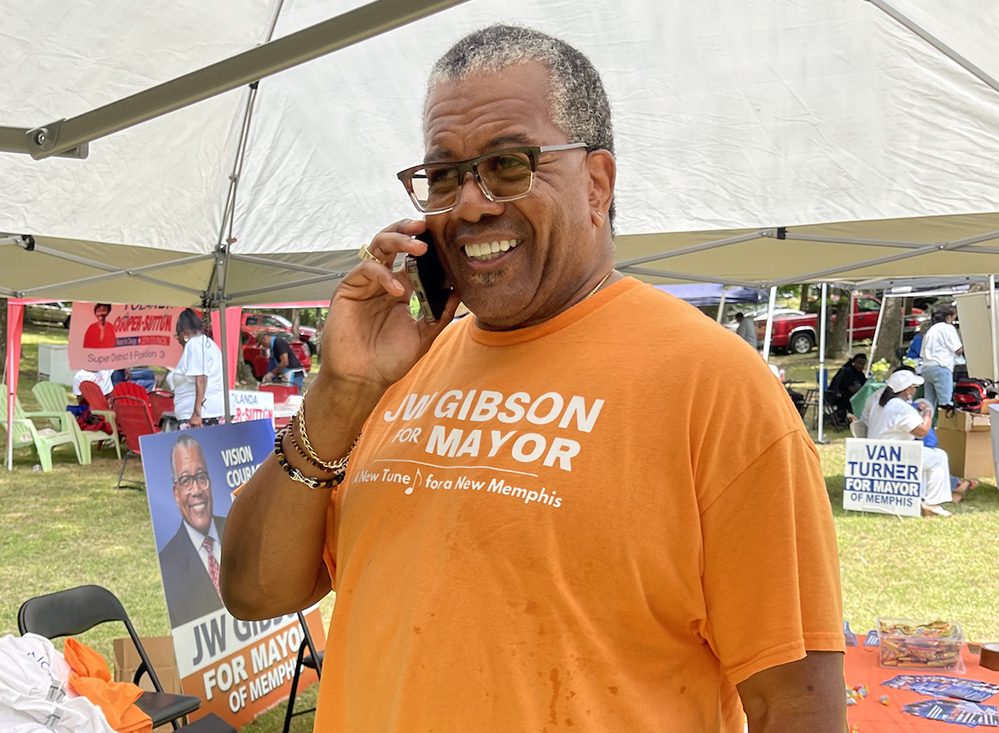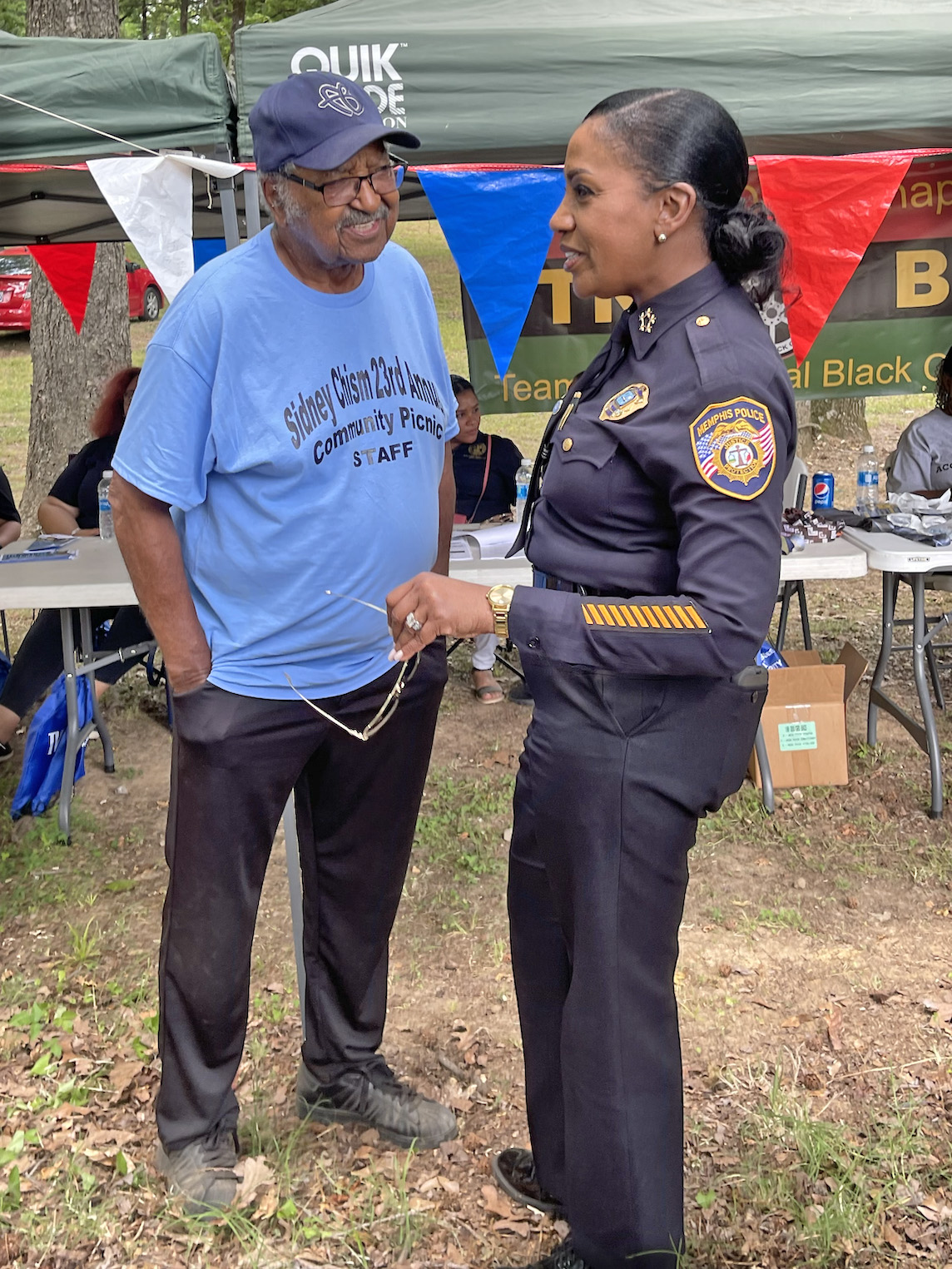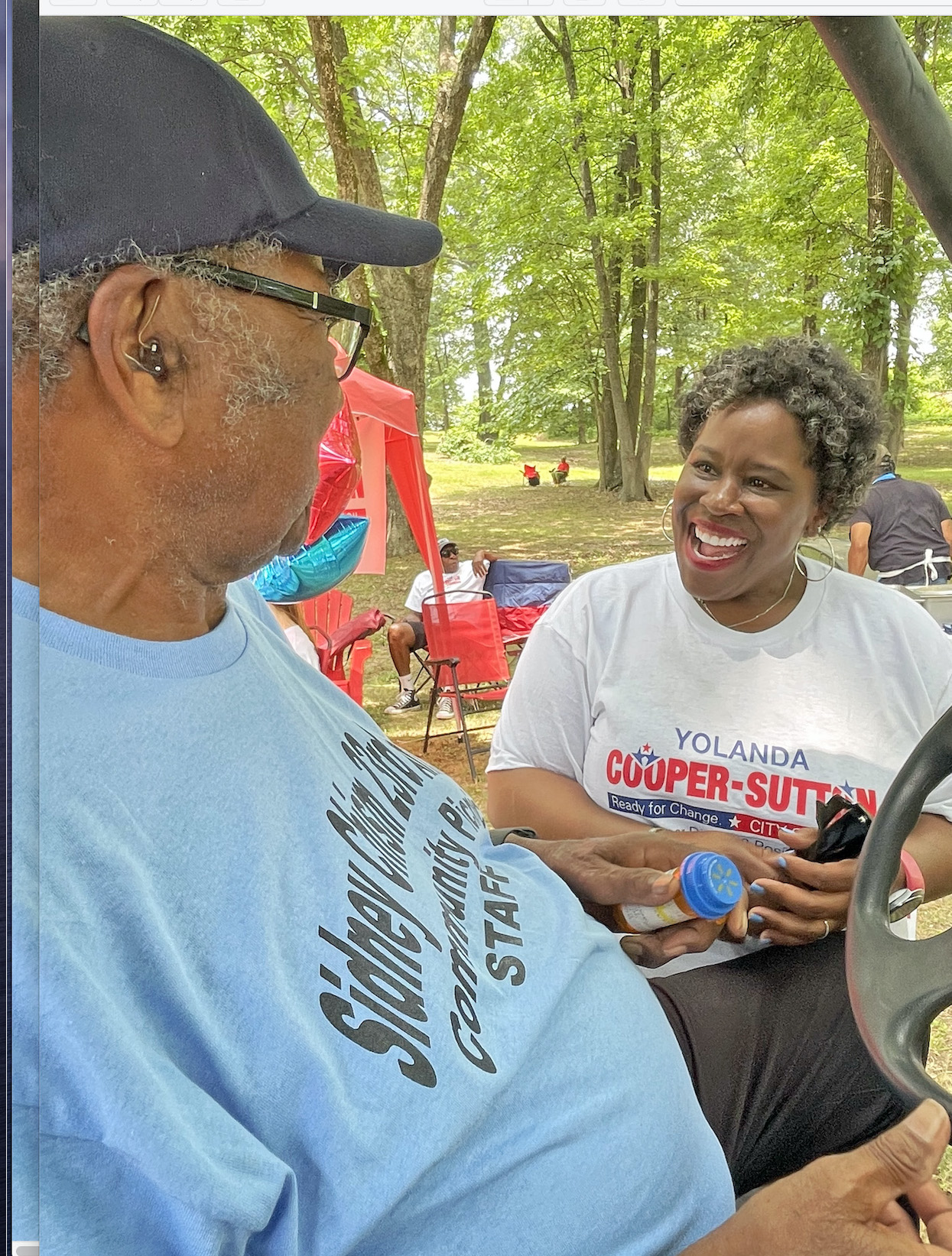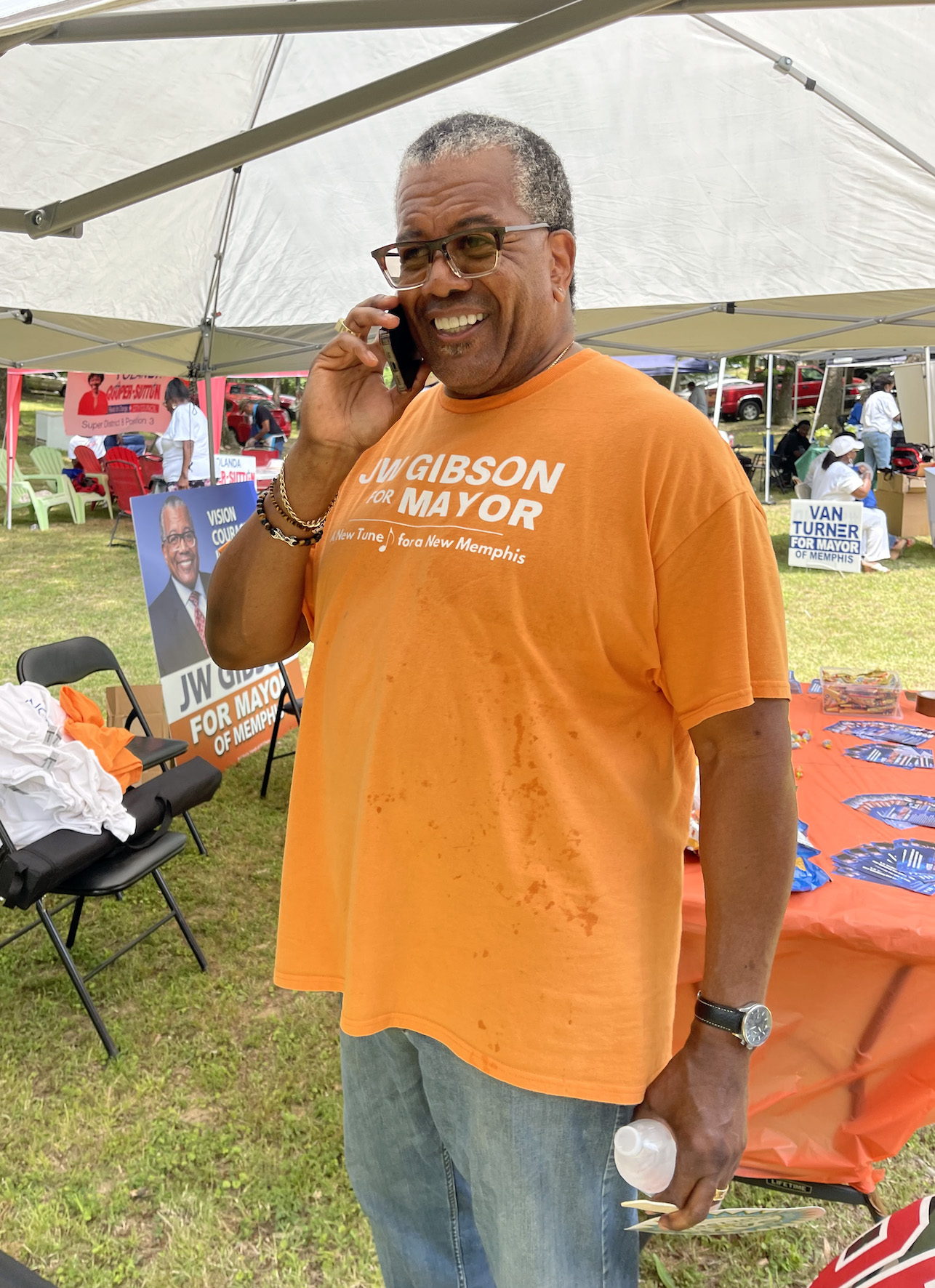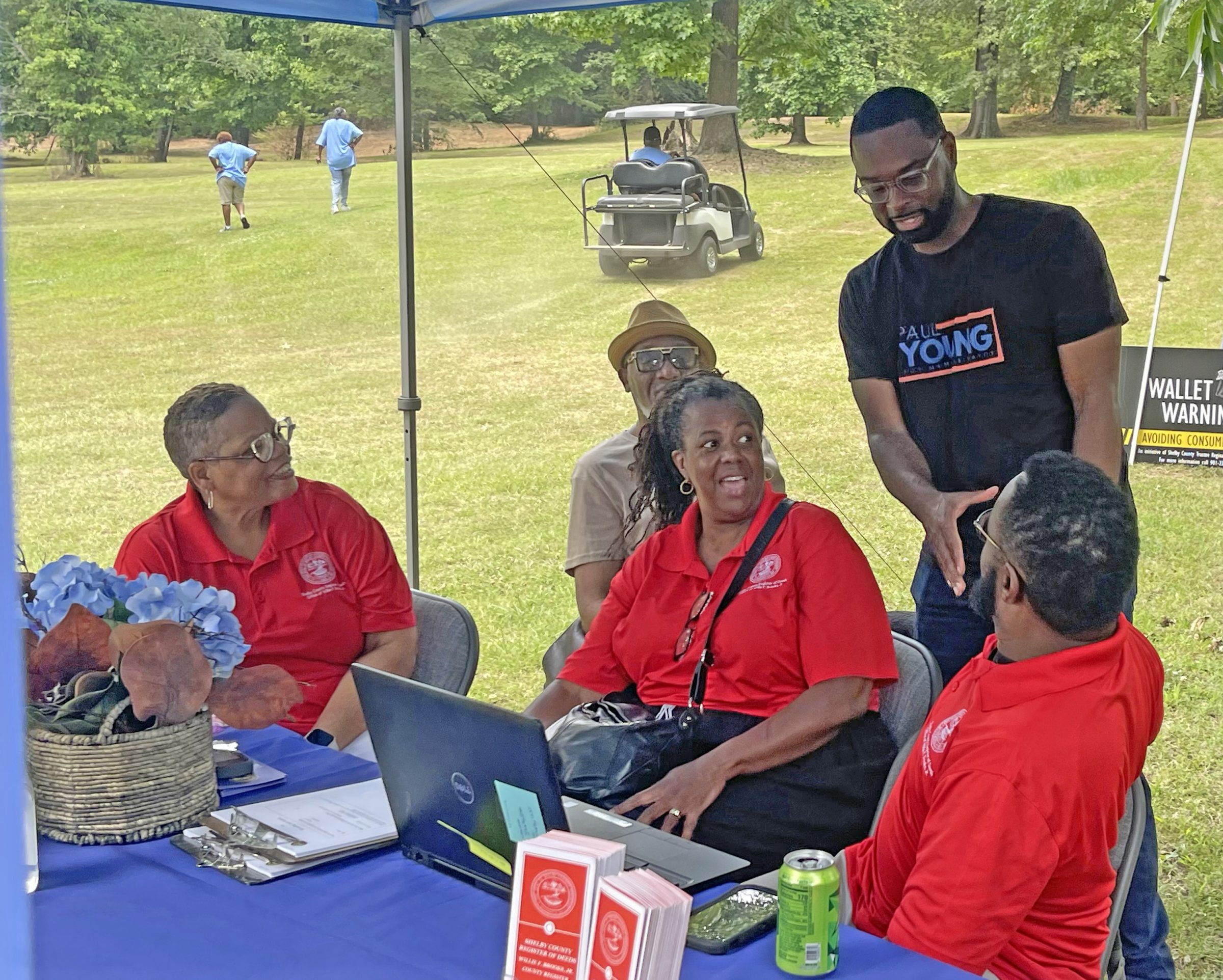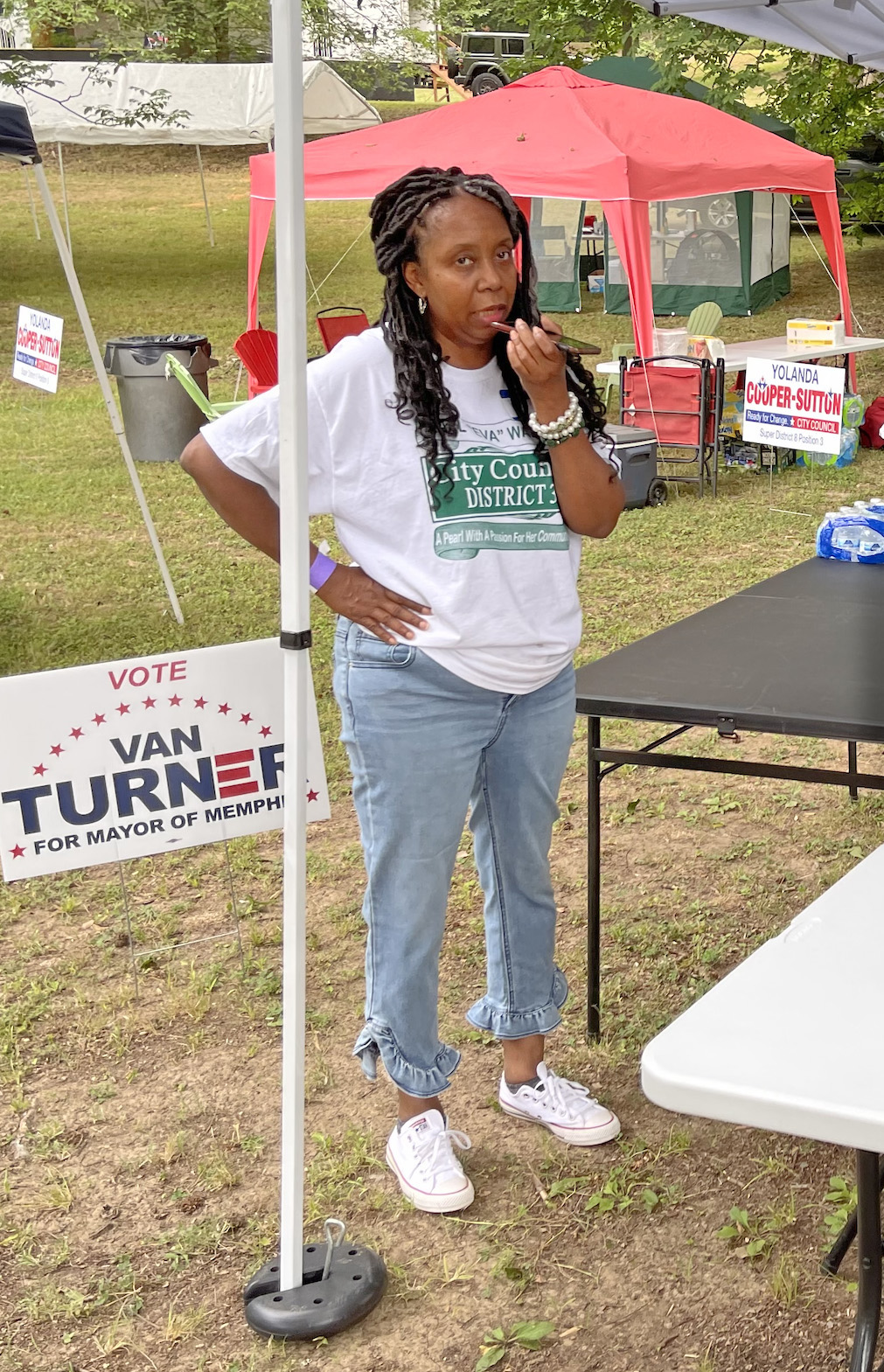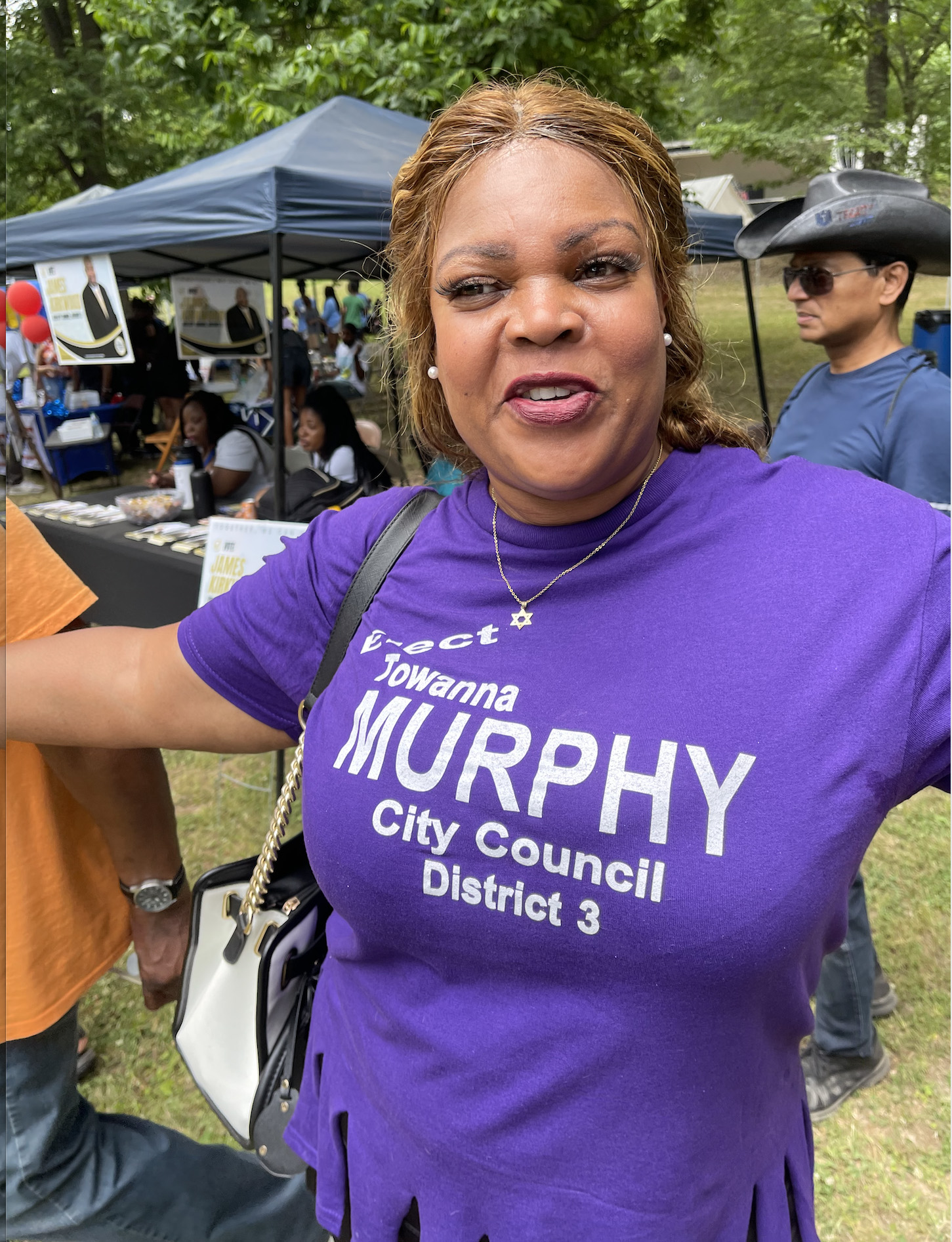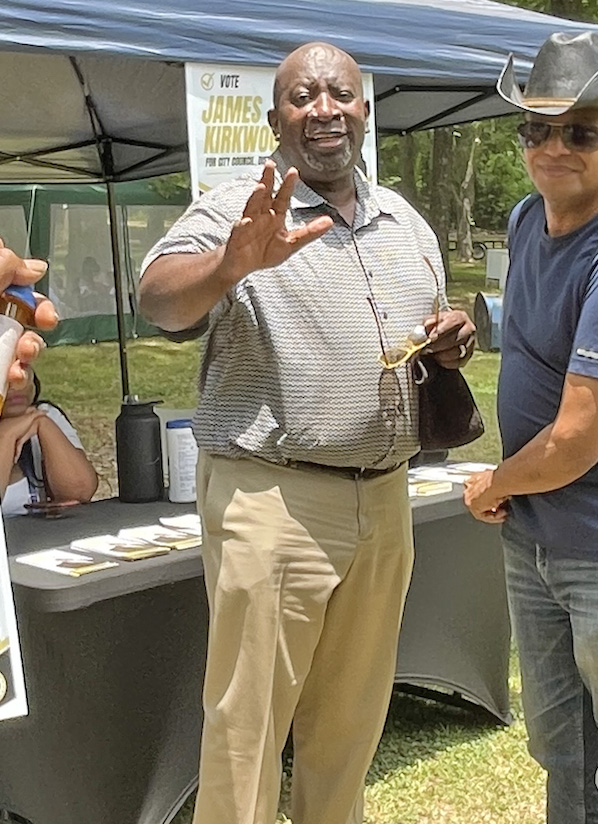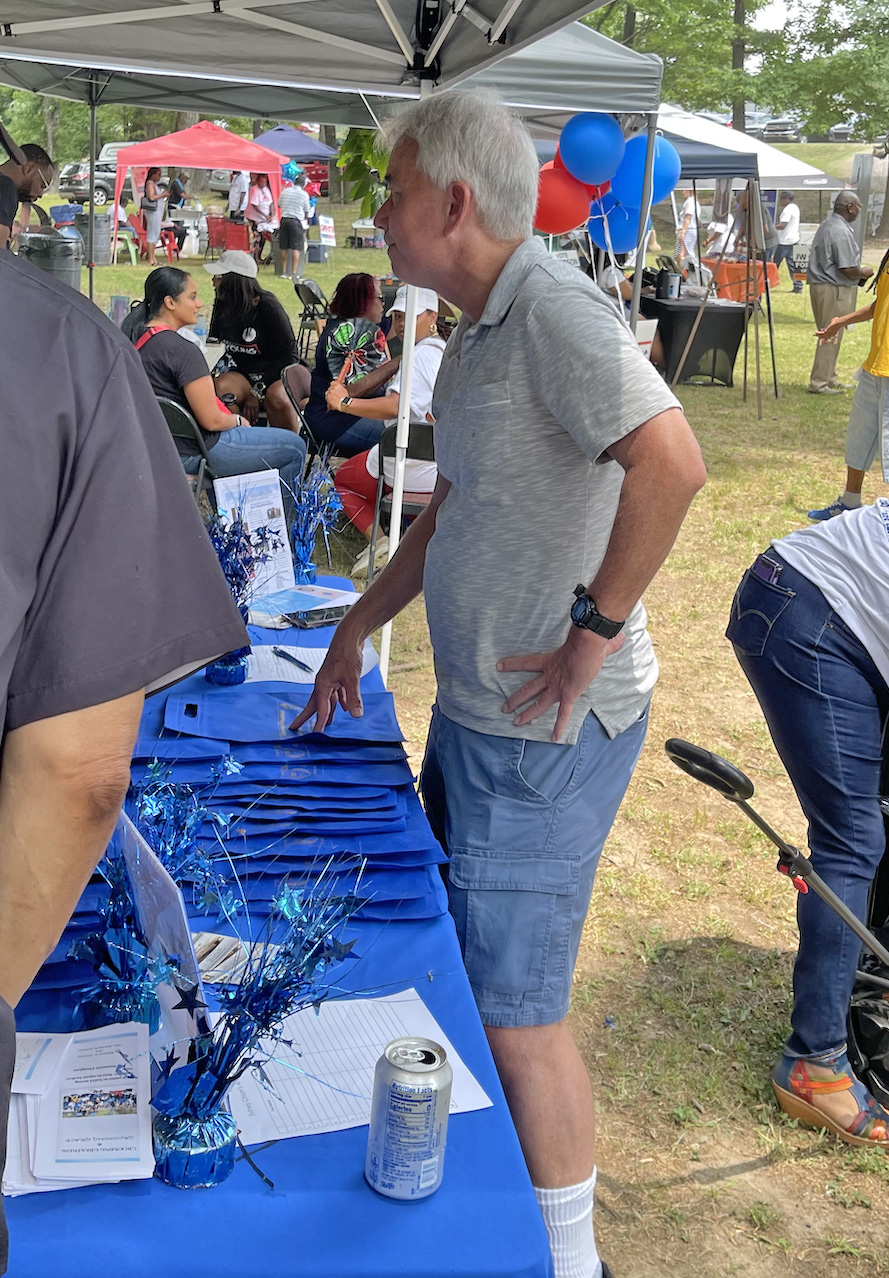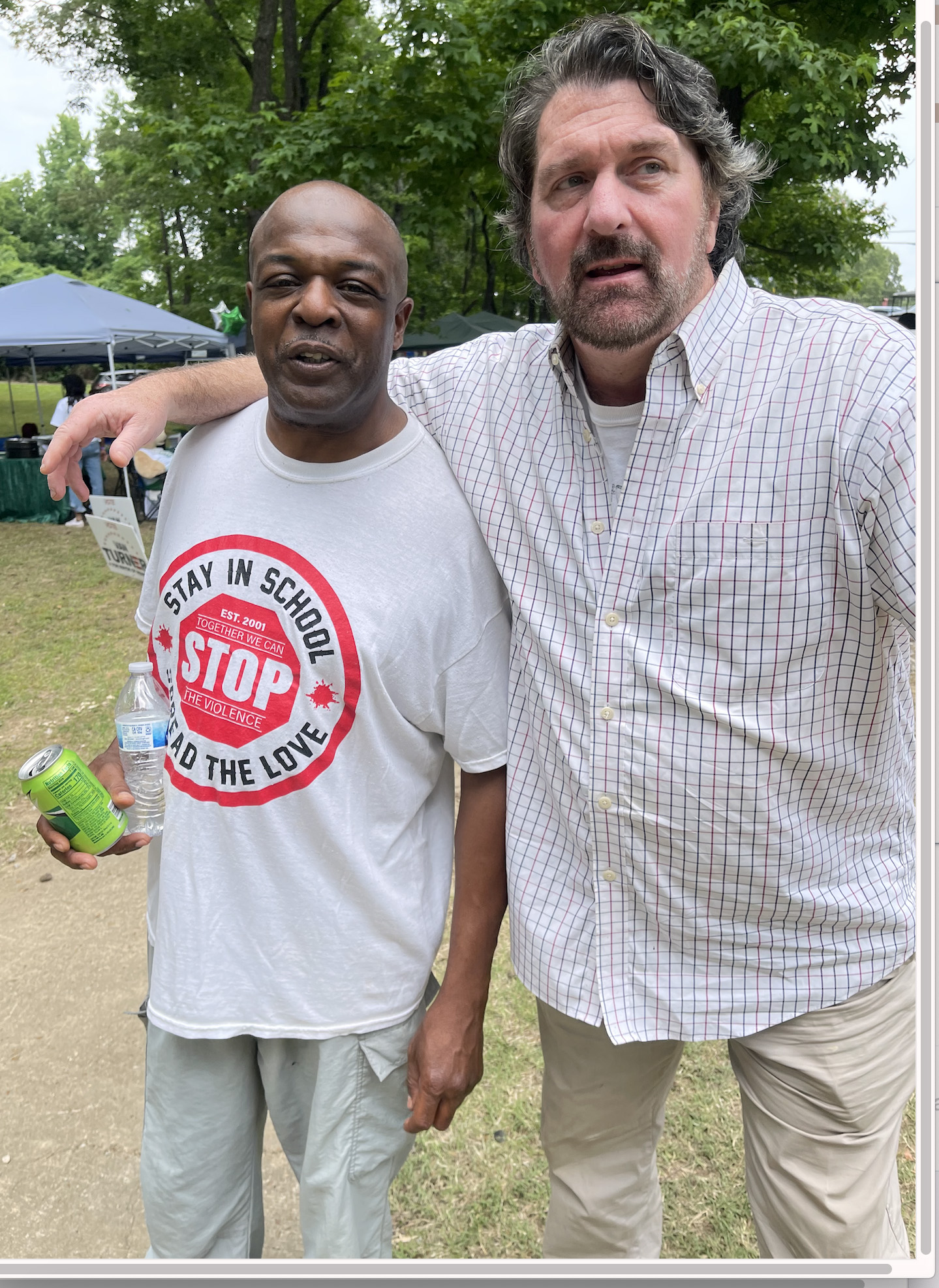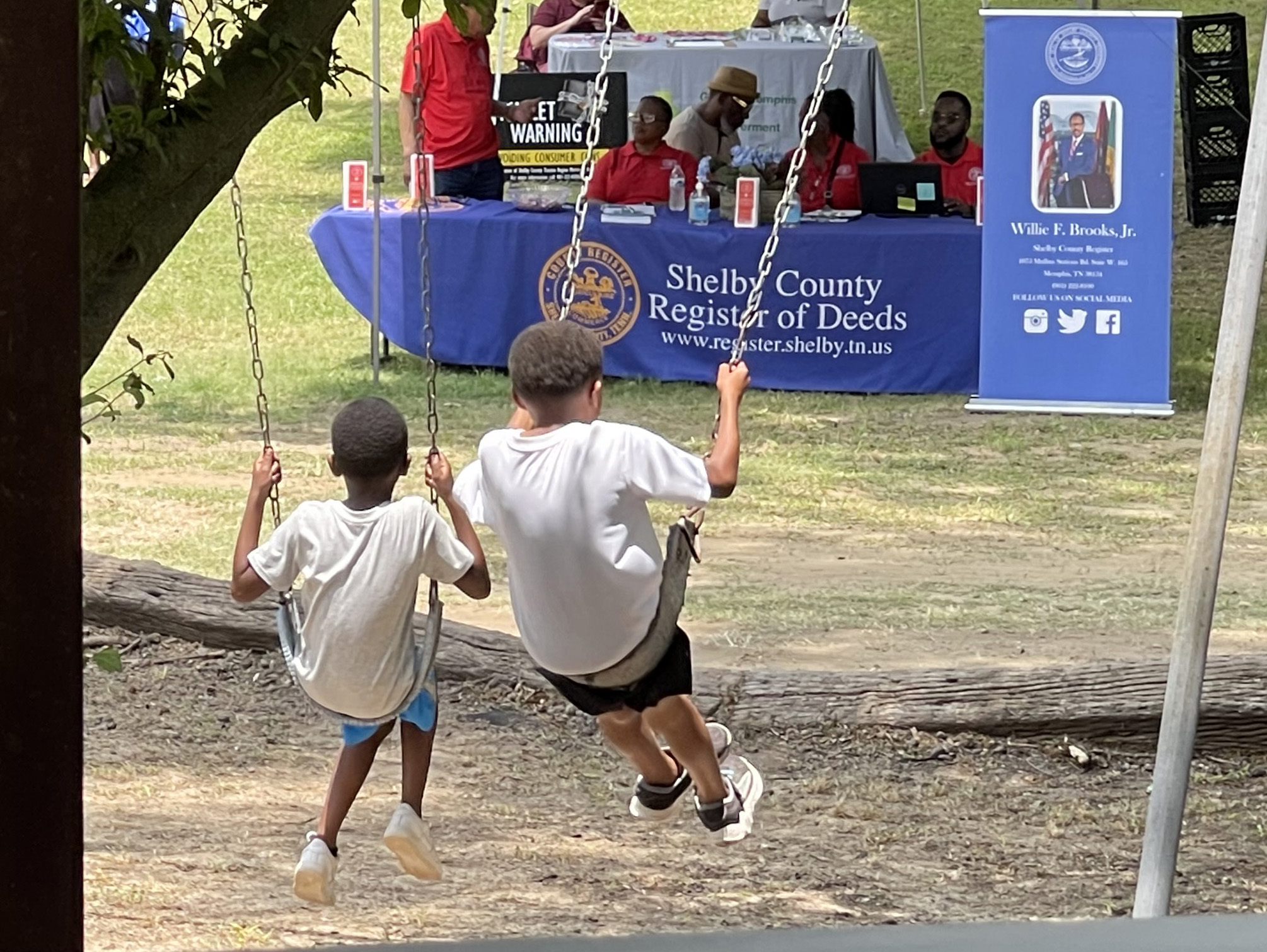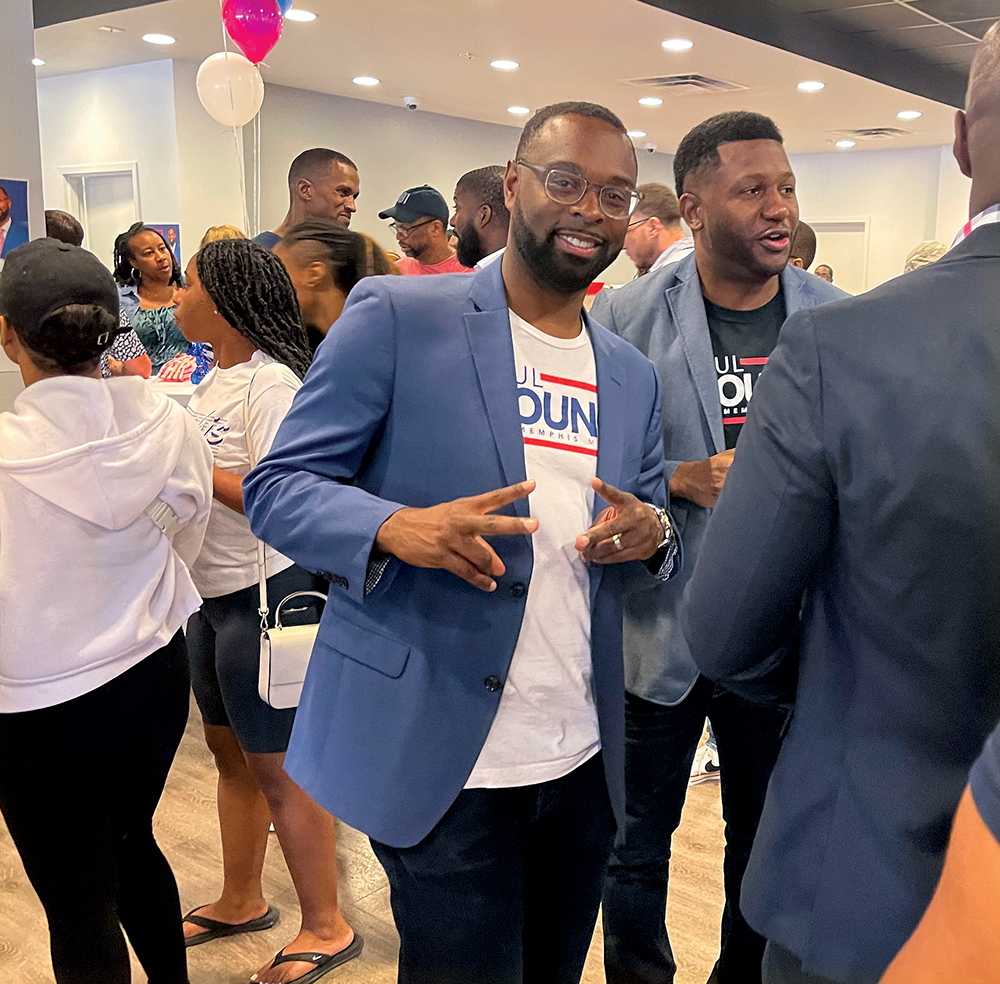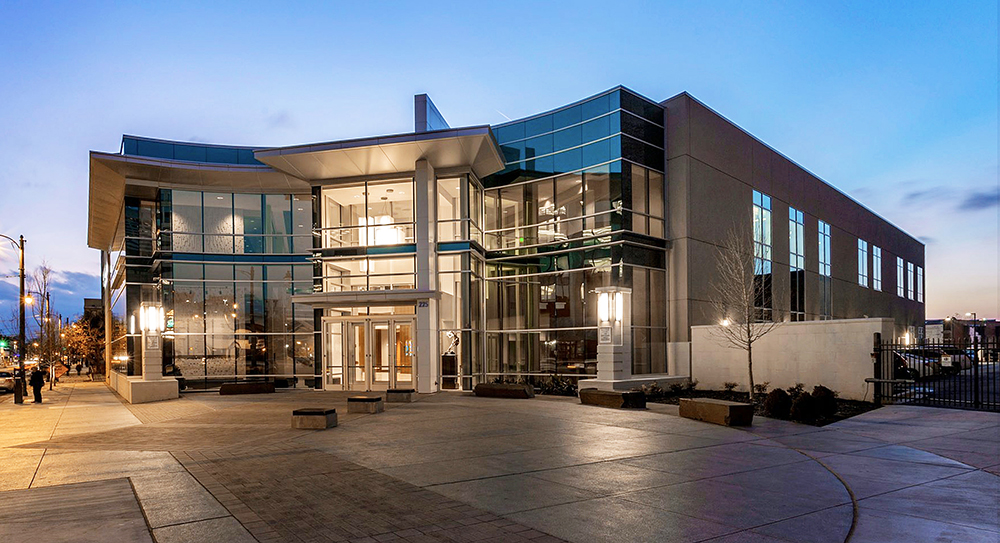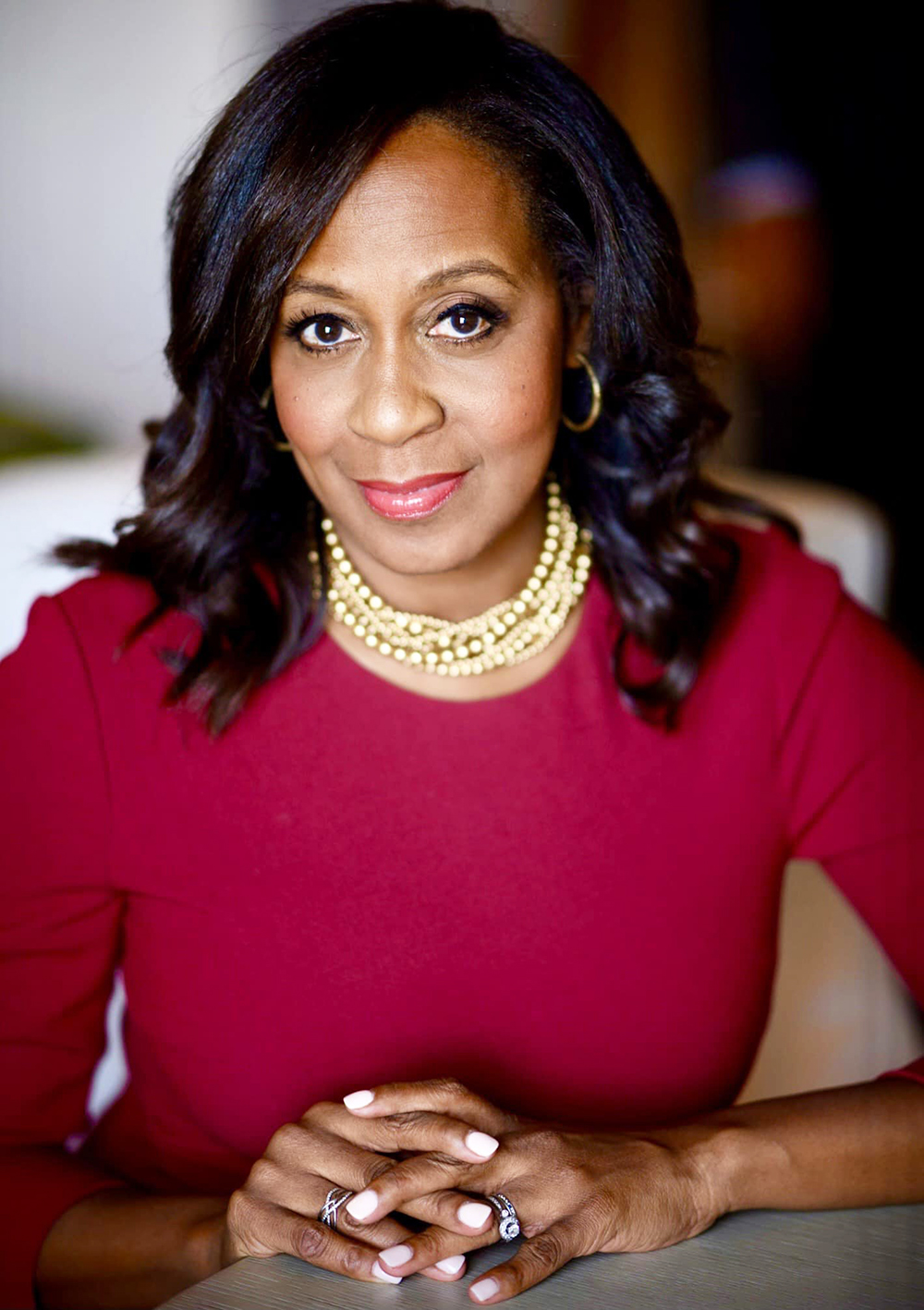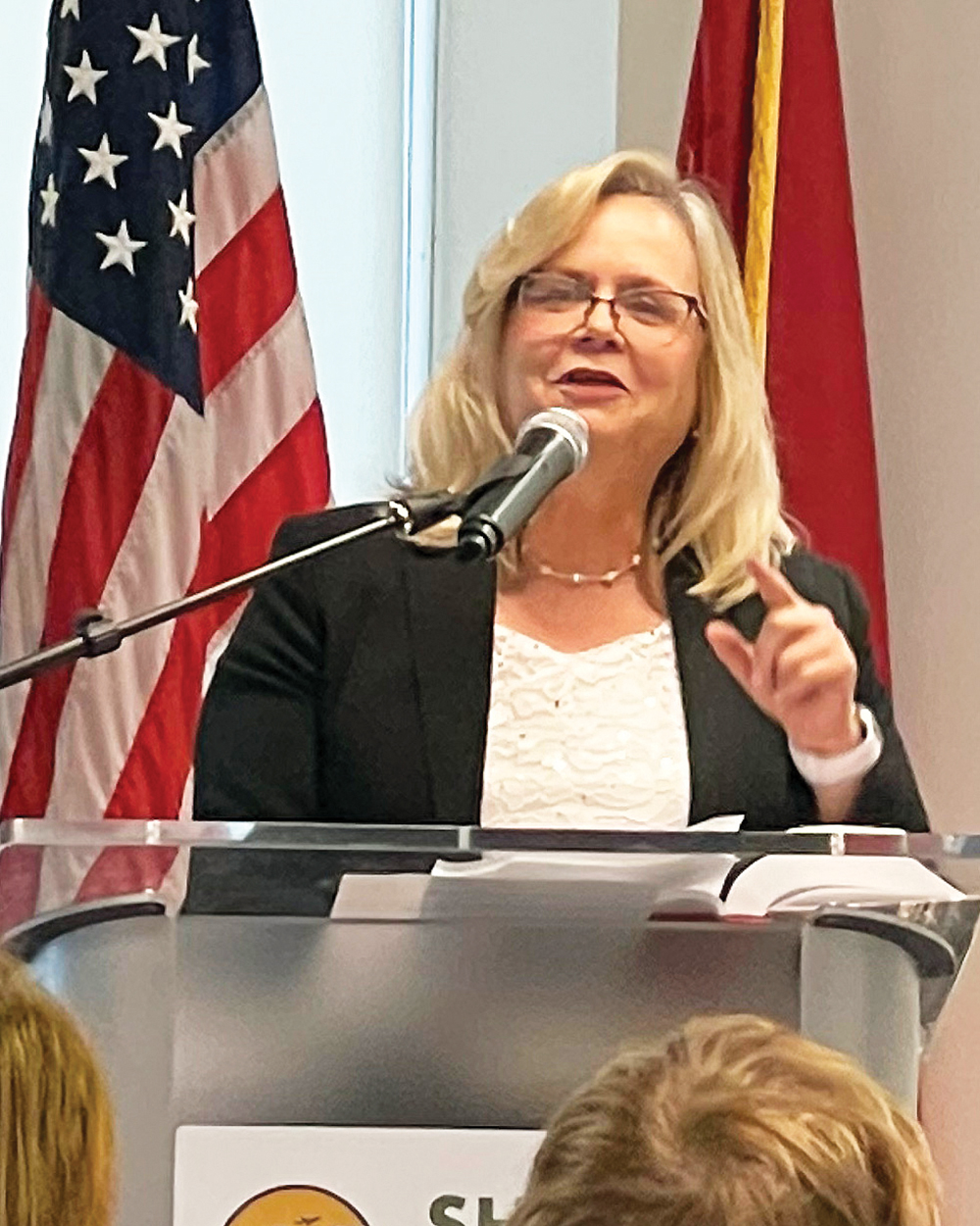We have reached a point in the mayoral contest that, if not yet the stretch drive itself, is about to get there.
The candidates with money are beginning to spend it on TV ads (Floyd Bonner, Paul Young, Van Turner, and J.W. Gibson all had fresh spots running last week) and yard signs (certain well-traveled thruways — think South Parkway and Walnut Grove, as two examples — are sprouting them like mushrooms). And, be advised, slickly printed mail-outs, in which the aspirants view themselves with pride and unlucky opponents with alarm, will soon be filling up your mailbox.
They’ve already gotten busy doing what, in athletic contexts, is called trash-talking. They’ve all done their calculations and have determined who among their adversaries can safely be ignored and who needs to be cut down to size.
Examples: Two weeks ago, when businessman Gibson opened his campaign headquarters, he not only boasted his own native-son credentials but was the beneficiary of a question voiced out loud by a key supporter, Reverend LaSimba Gray: “Mr. Gibson, you didn’t have to move to Memphis to run for mayor, did you?”
Gibson himself may or may not have been in on that one, but he certainly beamed to hear it said. The jibe was clearly aimed at two Gibson opponents, Bonner and Turner, both recently residents of the outer county, who had to weather a short-lived mandate from the Election Commission which, before being struck down in court, required of mayoral candidates a long-term presence within the city limits.
And on more than one occasion of late, candidate Michelle McKissack has called attention to the matter of what she — and various others — consider an undue number of inmate deaths in the county jail on Sheriff Bonner’s watch. The issue seems likely to keep on bedeviling Bonner, who, coincidentally or not, is widely considered a frontrunner in the race.
Candidate Turner, who until recently headed the local NAACP and is a former Democratic Party chair, has been making the most of his ideological convictions, and, at his weekend headquarters opening, publicly lamented what he saw as the apostasy of fellow Democrats Paul Young, the Downtown Memphis Commission CEO, and Bonner, both high-odds contenders with plenty of late-campaign cash.
“How you vote and what you’ve done in the past makes a difference,” said Turner. “We have one candidate who voted Republican at a time when we needed everybody in this country to support Hillary [Clinton]. Because we did not support Hillary we have a renegade Supreme Court. … I appreciate what Mr. Young has done in the city, but he was wrong on that. You have to be committed to this call and not work the other side and compromise.”
Turner’s reference was to Young’s past decision to vote in three Republican primaries, including the 2016 GOP presidential primary.
And Turner continued: “Another candidate, Mr. Floyd Bonner, has been supported by the Republican Party.” He likely was referencing the 2022 county election when Bonner, the Democratic nominee, was unopposed by the GOP and endorsed by key local Republicans.
The upshot, according to Turner: “We cannot allow this opportunity to take Memphis forward to take us back. We need progressives working for this city and working to make the city better.” “… And working to help me win,” was the unspoken quiet part.
